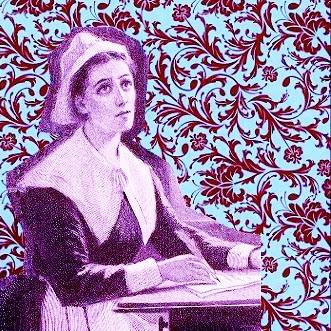The Carriage House Series has featured a wide range of both nationally-known and local poets including Gerald Stern, Renee Ashley, Stephen Dunn, Alicia Ostriker, Patricia Smith, Taylor Mali, and Maria Gillan.
Ken Ronkowitz will be the featured reader on October 16. Ken is a lifelong NJ resident and educator. After many years teaching in public schools, he moved to the NJ Institute of Technology. Ken has been the editor since 1998 of PoetsOnline.org, a monthly online poetry magazine and web site for poetic inspiration. His poems have been published in magazines such as English Journal, Beloit Poetry Journal, Paterson Literary Review, Roadmap, Prague and the anthology, The Paradelle. He has worked with the Geraldine Dodge Foundation on poetry projects in NJ and is the recipient of a two Dodge Foundation Writing Grants. He is a member of the Advisory Board for the Passaic County Cultural & Heritage Council. He has been a volunteer educator for the past 30 years in the NJ Non-Game and Endangered Species Program. Since 2008, he has been the Director of Writing at Passaic County Community College and is an adjunct professor at both PCCC and NJIT.
Readings are held at 8 pm on the third Tuesday of each month from February - June and from September - December. All readings are free and open to the public. Most readings include an open mic after the feature, and audience members are invited to share their poems.
The remaining readings for 2012 will be Nancy Scott and Dave Worrell (November 20) and a 14th Anniversary Celebration on December 11 featuring James Arthur with a book launch, reading and signing for Charms Against Lightning




